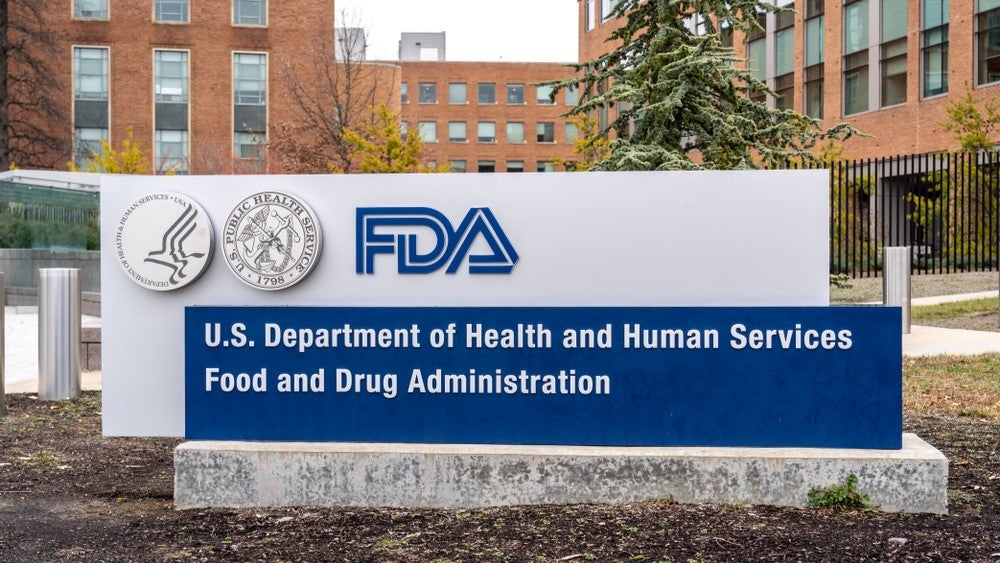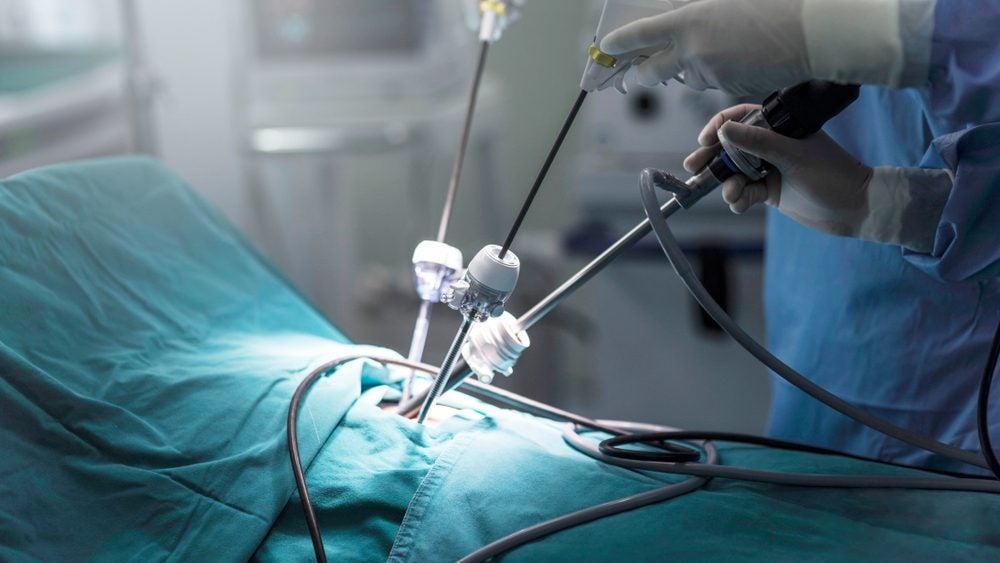
Medical Devices DECODED
Previous edition: 10 May 2024
Share article
Get the full version straight to your inbox.
Exclusive access to our best-in-class data & intelligence
Subscribe now
UK MHRA pilots AI Airlock regulatory sandbox
The MHRA has set out a system designed to test AI-driven devices in isolation, aimed at laying the groundwork for future regulation.

The UK’s Medicines and Healthcare products Regulatory Agency (MHRA) has launched its artificial intelligence (AI) Airlock sandbox model designed to test virtual and real-world projects through simulation and help develop AI as a Medical Device (AIaMD)
The MHRA AI Airlock is designed to help the agency identify and address the challenges for regulating standalone AI medical devices, with the body announcing that it plans to initially seek out four to six projects. These projects would be used to test a range of regulatory issues for these devices before they can be deployed into the UK National Health Service (NHS).
The regulatory sandbox model is intended to lay the regulatory groundwork for how AlaMD devices could be regulated going forward. The agency says it will work collaboratively with the NHS AI Lab and the Department of Health and Social Care (DHSC), as well as private healthcare firms and local regional governments across the UK to handle post-market surveillance of AlaMD devices.
The MHRA said that the outcome of these tests will result in a change in how the agency works with approved bodies on the new UKCA marking and with regulatory partners on international recognition of AI-driven medical devices.
Paul Campbell, MHRA head of software and AI, said: “We are currently seeing a marked increase in innovative AIaMD products entering the UK market that have the potential to revolutionise the healthcare landscape and provide improved ways to address patient and public needs.
“As a regulator, we must balance appropriate oversight to protect patient safety with the agility needed to respond to the particular challenges presented by these products to ensure we continue to be an enabler for innovation.”
The project follows shortly after the MHRA set out its ‘Strategic approach to AI in healthcare’ in which it sets out the call for regulation in the AI health tech space, as well as calling on the UK government to find international alignment with international companies and bodies to ensure that the UK doesn’t miss out on advancing tech.
Health and Social Care Secretary, Victoria Atkins, added: “Artificial intelligence is already transforming the way we deliver healthcare, cutting waiting lists for patients and freeing up time for NHS staff.
“I want to see AI and technology harnessed as part of our plan for a faster, simpler, and fairer healthcare system. In the budget the government announced a £3.4 billion investment in the latest technology for the NHS, to help doctors and nurses focus on patients rather than admin.”
The MHRA argues that the benefit of the new AI Airlock will include improved efficiencies that will result in UK patients benefiting from enabling safe access to medical products earlier than may have been possible previously. It would also give the MHRA have greater scope to focus specialist expertise on priorities such as innovation and patient engagement. Elsewhere in the field of AI regulation, software giant Microsoft has warned biotechnology AI developers to be wary of “bad actors” in the space as part of a conference at the London Biotechnology Show.
Latest news

Neuralink's first brain chip implant faces setback
Despite the partial retraction, the patient was still able to use the implant to play chess on a computer using his thoughts.

Tandem's insulin pump app glitch triggers FDA Class I recall
Tandem’s insulin pump iOS app crash caused the pump’s battery to drain and shut down resulting in 224 reported injuries leading to a Class I recall.

R3 Vascular secures funding to support bioresorbable scaffold trial
The company’s bioresorbable scaffolds are crafted from an ultra-high molecular weight polylactic acid polymer.

Freyja wins FDA clearance for VereSee device
The VereSee device is a 2mm abdominal-access video-entry device designed for laparoscopic surgery in women’s health.

OrthoXel's Vertex Hip Fracture Nail system obtains US clearance
OrthoXel’s system aims to provide a stable and versatile solution for surgeons.

ProAxsis awarded Innovate UK grant for respiratory monitoring
The grant will be used to develop ProAxsis’s respiratory diagnostics point-of-care range.

Reflow Medical eyes follow-up data in retrievable stent trial
Already CE marked, Reflow has completed enrolment in a US trial for its retrievable stent therapy device.
In our previous edition

Medical Devices Decoded
FDA issues warning on Getinge device amid quality concerns
09 May 2024

Medical Devices Decoded
Samsung to acquire foetal ultrasound AI software company Sonio
08 May 2024

Medical Devices Decoded
Medtronic's renal denervation system receives approval in China
07 May 2024
Newsletters in other sectors
Aerospace, Defence & Security
Automotive
Banking & Payments
Medical Devices
Travel and Tourism
Search companies, themes, reports, as well as actionable data & insights spanning 22 global industries
Access more premium companies when you subscribe to Explorer


